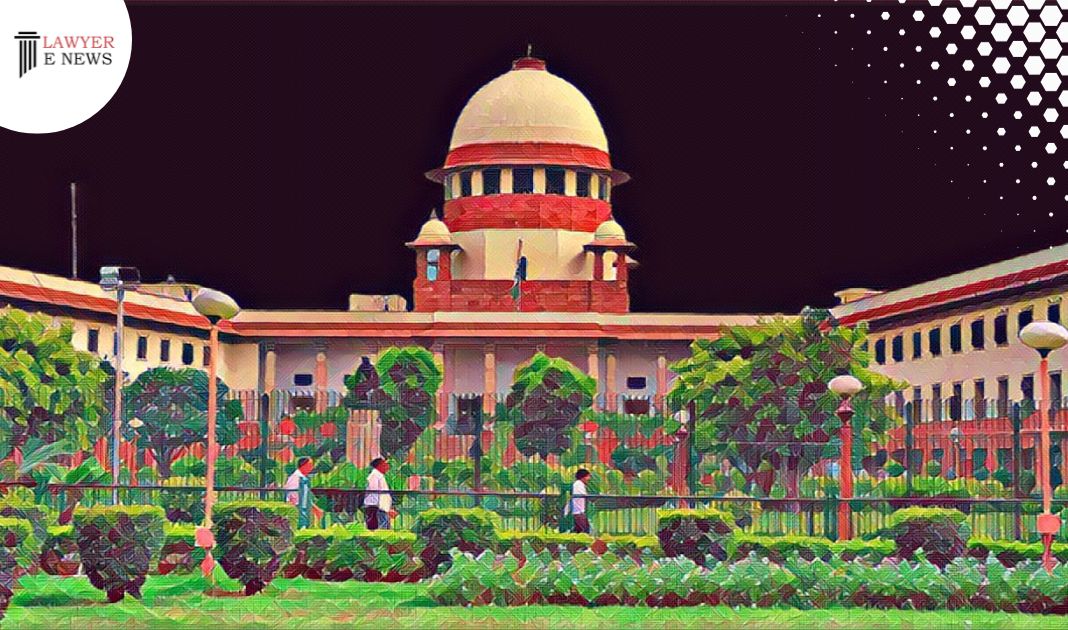-
by Admin
17 February 2026 2:34 PM



On August 8, 2023, In a significant ruling today, the Supreme Court of India provided clarity on the legal provisions surrounding the requirement of sanction for prosecution of public servants. The judgment, delivered by a bench comprising of Justices B.R. Gavai and J.B. Pardiwala, delved into the applicability of Section 197 of the Code of Criminal Procedure (CrPC) and Section 19 of the Prevention of Corruption Act, 1988 (PC Act) for public servants facing criminal charges.
The crux of the judgment revolved around whether the accused, serving as an Assistant General Manager at a Nationalized Bank, could claim protection under Section 197 of the CrPC, and whether sanction under Section 19 of the PC Act was mandatory for prosecuting him for offenses under the Indian Penal Code (IPC).
Justice B.R. Gavai, writing for the bench, emphasized, "The protection of Section 197 of the CrPC is available only to public servants whose appointing authority is the Central or State Government, and not to every public servant." The Court cited relevant case law to establish that even though a person working in a Nationalized Bank is a public servant, they are not entitled to the safeguards provided by Section 197.
Regarding the requirement of sanction under Section 19 of the PC Act, the Court clarified that such a necessity arises only when dealing with offenses under the PC Act itself. It was noted that there is a material distinction between the statutory provisions of these two sections, and that the necessity for sanction under Section 19 is automatic for PC Act offenses, while for IPC offenses, the "nexus" between the act and the official duty must be evaluated.
Justice Gavai remarked, "To commit an offense punishable under law can never be a part of the official duty of a public servant." The judgment cautioned against treating the discharge of official duty as a cloak for illicit acts.
Supreme Court held that the appellant did not fall within the scope of Section 197 of the CrPC and, although discharged from PC Act offenses, could be prosecuted for IPC offenses without the need for sanction under Section 19 of the PC Act. This ruling is expected to provide essential guidance for future cases involving the prosecution of public servants and the application of sanction requirements.
Date of Decision: August 8, 2023
SREENIVASA REDDY vs RAKESH SHARMA & ANR.
